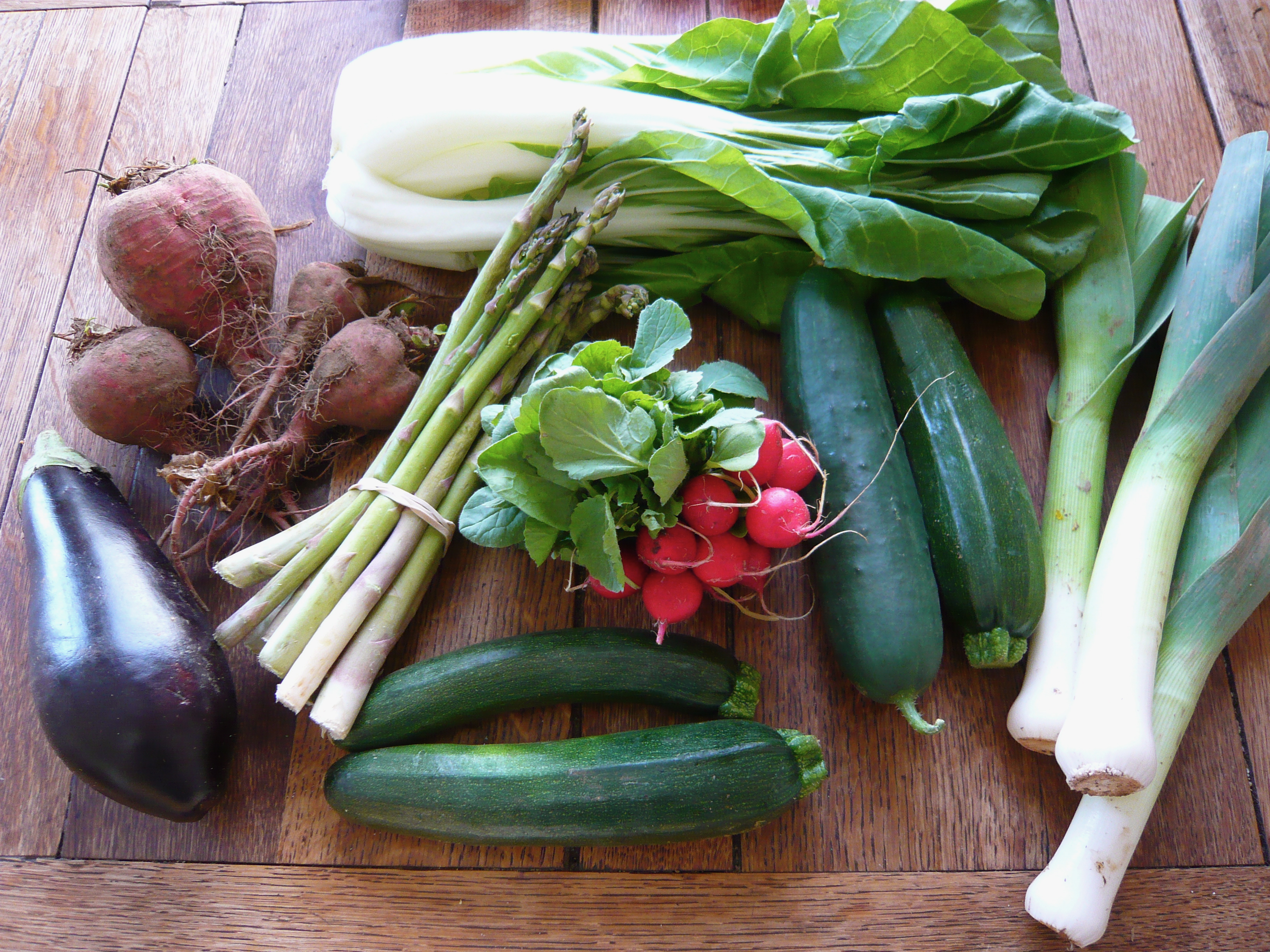Organic Farming
The Organic trend has turned into a revolution. Organic farming has existed for
decades and mostly on a small scale. Organic produce prices and quality of
product kept the trend small for many years. However, over the past decade,
consumers have sought the safe and healthy organic products. The health and
safety of food produced without chemicals has become an important goal of
many families. The quality of organic produce has improved and the premium
prices, while still a premium, are no longer an impediment for many.
Because of the expanding sales of all kinds of organic food, the demand is far
exceeding the supply of organic food produced in the U.S. This demand has
expanded to meat and dairy products, which has resulted in expanded demand
for organic grains for livestock feed as well as food. This brings the Midwest into
high demand for organic grains, and many farmers are considering the transition
to Certified Organic.
However, there are many challenges with converting a conventional farming
operation to organic. First, it requires a 36-month transition period from the use
of any chemicals and non-organic substances.
Other Challenges with Organic Operations:
a. Additional equipment required
b. Additional labor required
c. New management techniques (ex: weed control)
d. Livestock manure supply required for fertilization
e. Cover crops required
f. Three to four-year crop rotation required including a small grain
g. Separation of organic grains from conventional
h. Identity preserved grain with affidavits of all operations/products
i. Use of only approved organic crop inputs
Certified Organic
Are you already a Certified Organic Farmer? Do you operate a Certified Organic
Farm? Have you operated the farm for several years? Are you interested in
expanding the Organic farm operation?
If so, MRI may have an opportunity for you. MRI has contact with an investment
fund interested in acquiring and developing a Midwest organic farm portfolio.
This could provide an opportunity especially for existing Certified Organic
operations as it may provide additional acreage to an operation.
This opportunity may also add to a conventional farm already in transition to
organic. For anyone already in transition, with a solid plan and proven
management capabilities for an organic operation, an acquisition of additional
acreage could quickly expand an operation into an efficient size and scope.



